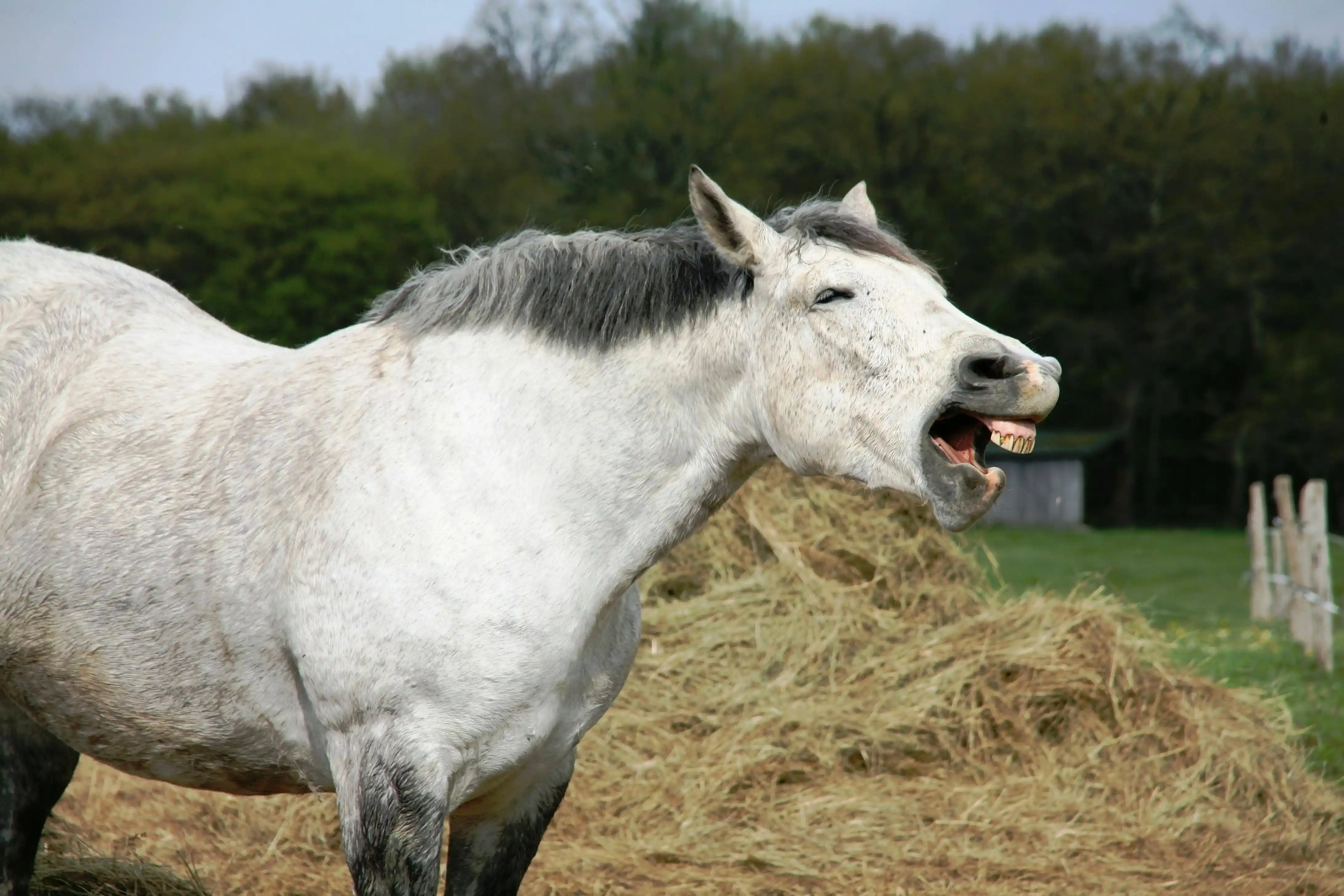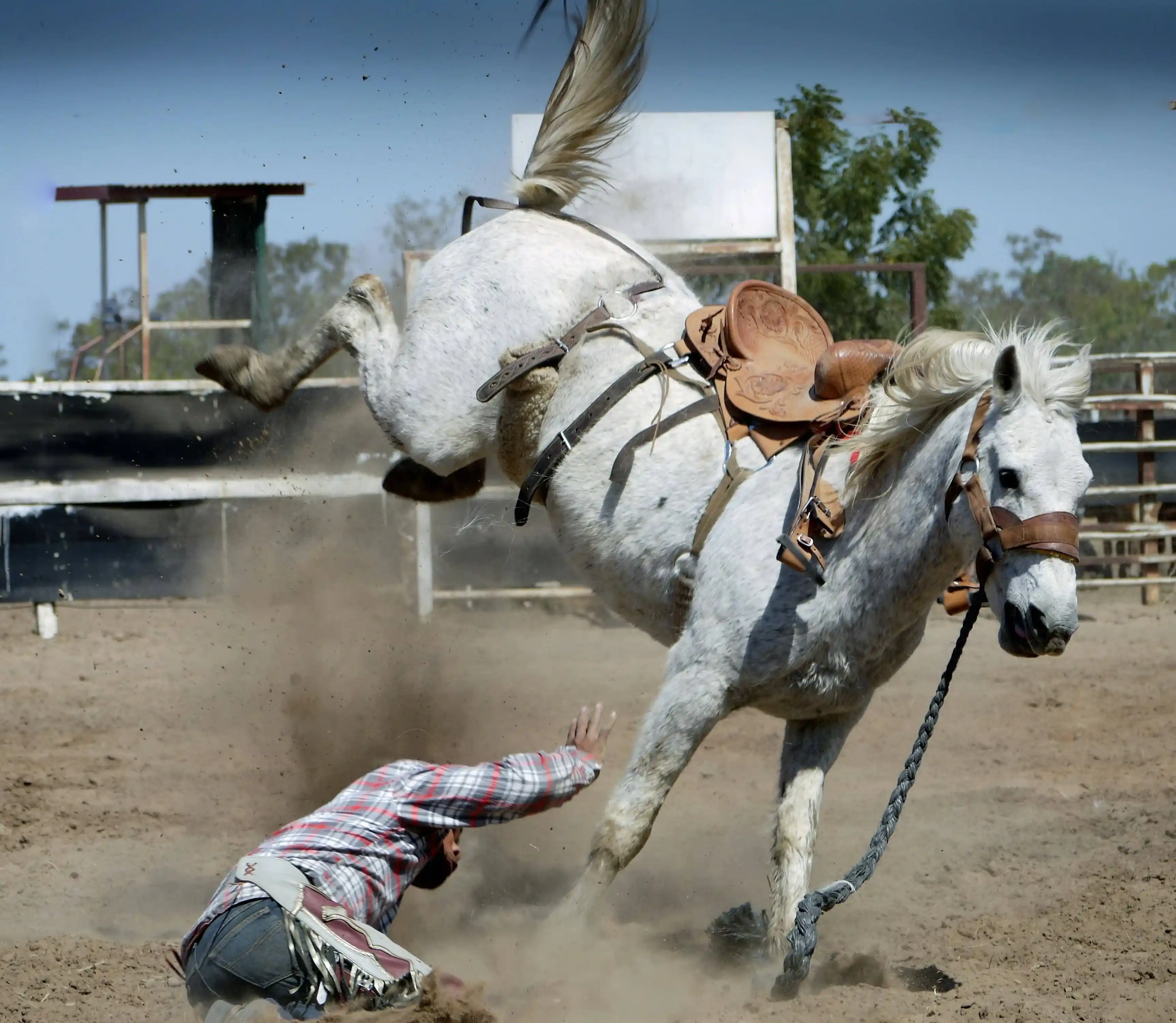Discover the Best Joint Supplements to Enhance Your Horse's Mobility and Joint Health
The health and well-being of your horse are paramount, especially when it comes to their mobility and joint health. Whether your horse is a competitive athlete, a beloved companion, or a senior enjoying retirement, joint health is a critical aspect of their overall quality of life. In this comprehensive guide, we will explore the science behind equine joint health, the causes and signs of joint issues, the most effective joint supplements available, and how to choose and use them to maximize your horse’s comfort and performance. This article is designed to be your definitive resource for understanding and enhancing your horse’s joint health through supplementation, with evidence-based recommendations and practical advice.
Table of Contents
- Introduction to Equine Joint Health
- Anatomy of the Equine Joint
- Common Causes of Joint Problems in Horses
- Recognizing Signs of Joint Issues
- Overview of Joint Supplements
- Key Ingredients in Joint Supplements
- Top Joint Supplements for Horses
- How to Choose the Right Supplement
- Best Practices for Supplement Administration
- Supporting Joint Health Beyond Supplements
- Frequently Asked Questions
- Conclusion
- References
1. Introduction to Equine Joint Health
Horses are remarkable athletes, capable of incredible feats of speed, strength, and agility. Their joints, however, are subject to significant stress, whether from daily movement, athletic training, or simply the passage of time. Joint health is essential for maintaining your horse’s mobility, comfort, and performance. Unfortunately, joint issues are among the most common health problems affecting horses of all ages and disciplines. Early intervention and proactive care, including the use of joint supplements, can make a profound difference in your horse’s quality of life.
2. Anatomy of the Equine Joint
To understand how to support your horse’s joints, it’s important to know how they work. A joint is where two or more bones meet, cushioned by cartilage and lubricated by synovial fluid. The main components of a healthy joint include:
- Articular Cartilage: Smooth tissue covering the ends of bones, allowing for frictionless movement.
- Synovial Fluid: Viscous fluid that lubricates the joint and nourishes the cartilage.
- Joint Capsule: A fibrous envelope that encloses the joint, providing stability.
- Ligaments and Tendons: Connective tissues that support and stabilize the joint.
Over time, or due to injury or disease, these structures can deteriorate, leading to pain, inflammation, and reduced mobility.
3. Common Causes of Joint Problems in Horses
Joint issues in horses can arise from a variety of causes, including:
- Osteoarthritis (Degenerative Joint Disease): The most common cause, resulting from wear and tear of the cartilage.
- Trauma or Injury: Sprains, strains, or fractures can damage joint structures.
- Developmental Disorders: Conditions like osteochondritis dissecans (OCD) in young horses.
- Infection: Septic arthritis caused by bacteria entering the joint.
- Conformation Issues: Poor limb alignment can increase stress on certain joints.
- Overuse: Intense training or repetitive motion, especially in performance horses.
4. Recognizing Signs of Joint Issues
Early detection of joint problems is crucial for effective management. Watch for these signs:
- Stiffness, especially after rest
- Swelling or heat in the joint area
- Reluctance to move, jump, or perform
- Lameness or uneven gait
- Decreased range of motion
- Behavioral changes, such as irritability or resistance
If you notice any of these symptoms, consult your veterinarian for a thorough evaluation.
5. Overview of Joint Supplements
Joint supplements are nutritional products formulated to support the health and function of your horse’s joints. They are not a cure for joint disease, but they can help slow the progression of joint degeneration, reduce inflammation, and improve comfort and mobility. Supplements are most effective when used as part of a comprehensive joint care program, including proper nutrition, exercise, and veterinary care.
The most common forms of joint supplements include powders, pellets, liquids, and oral pastes. The choice of form depends on your horse’s preferences and your management routine.
6. Key Ingredients in Joint Supplements
The effectiveness of a joint supplement depends largely on its ingredients. Here are the most widely researched and commonly used components:
- Glucosamine: A natural compound found in cartilage, glucosamine is believed to stimulate the production of glycosaminoglycans, which help repair and maintain cartilage. Studies suggest it may reduce pain and improve joint function (source).
- Chondroitin Sulfate: Often paired with glucosamine, chondroitin helps inhibit enzymes that break down cartilage and supports water retention in the joint, improving shock absorption (source).
- MSM (Methylsulfonylmethane): A source of bioavailable sulfur, MSM is thought to have anti-inflammatory and antioxidant properties, supporting joint comfort (source).
- Hyaluronic Acid (HA): A key component of synovial fluid, HA helps lubricate the joint and may reduce inflammation (source).
- Omega-3 Fatty Acids: Found in flaxseed and fish oil, omega-3s have anti-inflammatory effects and may help reduce joint pain (source).
- ASU (Avocado/Soybean Unsaponifiables): Plant extracts that may help protect cartilage and reduce inflammation (source).
- Collagen: Provides building blocks for cartilage repair and maintenance (source).
- Herbal Ingredients: Such as turmeric (curcumin), boswellia, and yucca, which may have natural anti-inflammatory properties.
Not all supplements are created equal. The quality, purity, and bioavailability of ingredients can vary widely between products.
7. Top Joint Supplements for Horses
The following are some of the most reputable and widely used joint supplements for horses, based on scientific research, veterinarian recommendations, and user reviews. Always consult your veterinarian before starting any new supplement.
- Cosequin® Equine – One of the most studied joint supplements, Cosequin contains glucosamine, chondroitin sulfate, and MSM. It is widely used for both prevention and management of joint issues. More information: https://www.cosequinequine.com/
- SmartPak SmartFlex® Ultra – This supplement combines glucosamine, chondroitin, MSM, hyaluronic acid, and antioxidants. It is designed for horses in moderate to heavy work. More information: https://www.smartpakequine.com/ps/smartflex-ultra-pellets-10169
- Platinum Performance® CJ – A comprehensive supplement that includes omega-3s, glucosamine, MSM, hyaluronic acid, and antioxidants. It is often recommended for horses with significant joint demands. More information: https://www.platinumperformance.com/platinum-cj-equine
- Flexadin® Advanced – Contains undenatured type II collagen (UC-II), which may help modulate the immune response and support joint health. More information: https://www.boehringer-ingelheim.com/animal-health/equine/flexadin-advanced
- LubriSyn® HA – Focuses on hyaluronic acid for joint lubrication and comfort. More information: https://lubrisyn.com/products/lubrisyn-ha-equine
- Equithrive® Joint – Features resveratrol and hyaluronic acid for anti-inflammatory support. More information: https://equithrive.com/products/equithrive-joint
When choosing a supplement, consider your horse’s age, workload, and specific needs. Some horses may benefit from a basic formula, while others require a more comprehensive approach.
8. How to Choose the Right Supplement
Selecting the best joint supplement for your horse involves several considerations:
- Consult Your Veterinarian: Always discuss your horse’s health and supplement options with your vet, especially if your horse has existing medical conditions or is on medication.
- Assess Your Horse’s Needs: Age, activity level, discipline, and history of joint issues all play a role in determining the right supplement.
- Check Ingredient Quality and Dosage: Look for products with research-backed ingredients in effective amounts. Avoid proprietary blends that don’t disclose exact dosages.
- Consider Form and Palatability: Choose a form your horse will readily consume (pellet, powder, liquid).
- Evaluate Cost and Value: The most expensive supplement isn’t always the best. Compare cost per serving and ingredient quality.
- Look for Third-Party Testing: Products tested for purity and potency by independent labs offer greater peace of mind.
9. Best Practices for Supplement Administration
To maximize the benefits of joint supplements:
- Follow the manufacturer’s dosing instructions carefully.
- Introduce new supplements gradually to avoid digestive upset.
- Monitor your horse for changes in mobility, comfort, and behavior.
- Keep detailed records of supplement use and any observed effects.
- Store supplements in a cool, dry place to preserve potency.
- Be patient—results may take several weeks to become apparent.
Remember, supplements are most effective when combined with good management practices, including regular exercise, proper hoof care, and a balanced diet.
10. Supporting Joint Health Beyond Supplements
While supplements can play a significant role in joint health, they are only one part of a holistic approach. Consider these additional strategies:
- Maintain a Healthy Weight: Excess weight increases stress on joints. Adjust your horse’s diet and exercise to maintain optimal body condition.
- Provide Regular, Low-Impact Exercise: Gentle movement helps keep joints flexible and lubricated. Avoid sudden increases in workload.
- Ensure Proper Hoof Care: Regular trimming and shoeing support correct limb alignment and reduce joint strain.
- Use Supportive Surfaces: Turnout in well-maintained pastures and riding on forgiving footing can minimize joint stress.
- Warm Up and Cool Down: Always include warm-up and cool-down periods in your horse’s exercise routine to protect joints.
- Schedule Regular Veterinary Checkups: Early detection and treatment of joint issues can prevent long-term damage.
11. Frequently Asked Questions
Q: Can joint supplements prevent arthritis in horses?
A: While supplements cannot guarantee prevention, they may help slow the progression of joint degeneration and support overall joint health, especially when used proactively in at-risk horses.
Q: How long does it take to see results from a joint supplement?
A: Most horses show improvement within 4-8 weeks, but individual responses vary. Consistency is key.
Q: Are there any side effects to joint supplements?
A: Most joint supplements are safe when used as directed. Rarely, digestive upset or allergic reactions may occur. Discontinue use and consult your vet if you notice any adverse effects.
Q: Can I use more than one joint supplement at a time?
A: It’s generally best to use a single, comprehensive supplement to avoid ingredient overlap and excessive dosing. Consult your veterinarian before combining products.
Q: Are human joint supplements safe for horses?
A: Not all human supplements are appropriate for equine use. Always choose products specifically formulated for horses.
12. Conclusion
Joint health is a cornerstone of your horse’s comfort, mobility, and performance. By understanding the causes of joint issues and the science behind joint supplements, you can make informed decisions to support your horse’s well-being. Choose high-quality, research-backed supplements, and combine them with good management practices for the best results. Always consult your veterinarian before starting any new supplement regimen. With proactive care, you can help your horse enjoy a long, active, and pain-free life.
13. References
- American Association of Equine Practitioners: Osteoarthritis in Horses
- Glucosamine and Chondroitin for the Treatment of Osteoarthritis: A Review of the Clinical Evidence
- Chondroitin sulfate and glucosamine for the treatment of osteoarthritis
- SmartPak Equine: Horse Joint Supplements Guide
- Platinum Performance: Joint Health in Horses
- Hygain: Joint Supplements for Horses
- Horse & Hound: Best Joint Supplements for Horses
- MSM and Joint Health
- Hyaluronic Acid in the Treatment of Osteoarthritis
- Omega-3 Fatty Acids and Inflammation
- Avocado/Soybean Unsaponifiables in Joint Health
- Collagen Supplementation and Joint Health






































